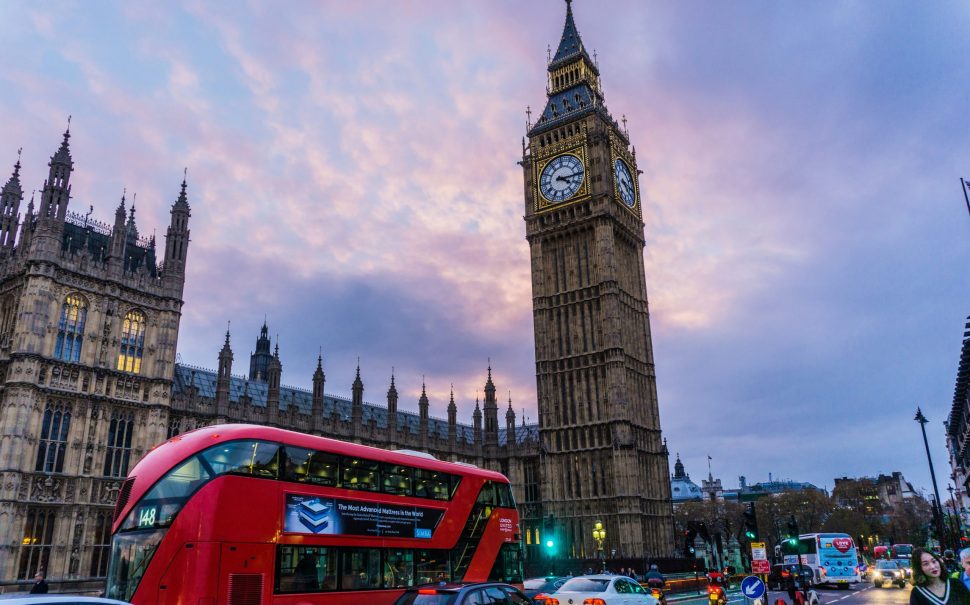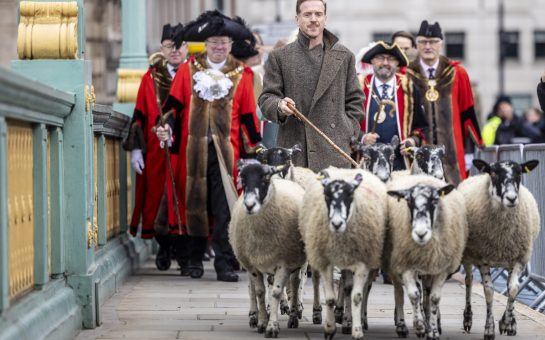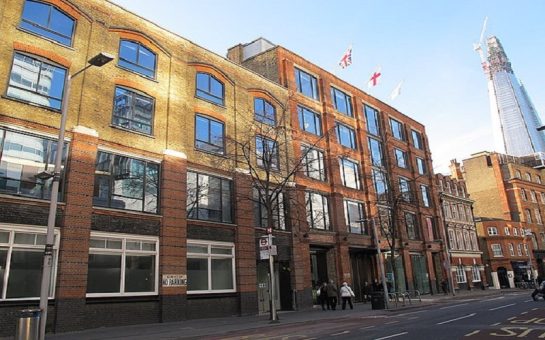The leaders of London’s boroughs and the City of London have signed a joint statement calling for them to have a seat at the table.
The councillors and mayors of the 32 boroughs want higher decision-making arrangements between themselves and the Mayor of London.
However, they claim a new devolution settlement would enable London to deliver more quickly and build long-term resilience into the capital’s devolution arrangements.
Bexley council leader Baroness O’Neill said: “Structures elsewhere are mayor plus council leaders, and that’s what’s missing in the London governance currently.
“Let’s be honest about it, most of the things that the mayor would be involved in don’t stop and start at borough boundaries, so actually it’s quite good to have that partnership type conversation.”
Boroughs currently lack any formal decision-making role within the Greater London Authority, in contrast to the devolved arrangements in Combined Authority areas such as Greater Manchester and the West Midlands.
If this devolution settlement were to go through, it would mean more efficient working and therefore cost saving that could come back to boroughs to be spent on residents and services.
Chair of Local Councils and Lambeth Council leader Claire Holland, said: “The prospect of more devolved powers and funding to the capital is an exciting one.
“But we must ensure London’s devolution settlement works as effectively and efficiently as possible.
“We must seize this opportunity to hardwire collaboration between the Mayor and boroughs into our devolution deal so that we can all deliver better outcomes for Londoners.”
Part of the statement read: “We want to see the English Devolution Bill used to create new arrangements for London that give boroughs a seat at the table.
“By enabling formal joint decision-making between the Mayor and boroughs over relevant powers and funding, including any future integrated settlement, London will be brought more in line with other parts of the country.
“We have proposed a ‘Combined Board’, made up of the Mayor of London and the 12 members of London Councils’ cross-party Executive Committee, building on existing ways of working between the GLA and London Councils.
“This could be responsible for decision-making over relevant powers and funding devolved to the regional level, in a similar way to Mayoral Combined Authorities.”
Concerning the specific problems in Bexley which could be helped by a devolution settlement, Baroness O’Neill said it came down to a lack of understanding outer London needs.
She said: “Transport and planning are probably the two biggies.
“We have pretty bad public transport infrastructure, so there’s sort of a reliance on the main lines, south London and south east London, going into the main line stations.
“When you’re talking about planning applications, you actually want to build in for some parking because if you don’t, people still get the cars but they park them in the existing road infrastructure which annoys the neighbors that they’re going to be joining.”
The devolution settlement would mean the London Councils’ executive will sit alongside the mayor, which would help to ensure cross-party, pan-London representation gets built into the decision–making process.
Baroness O’Neill said: “This is about partnership, about working with the mayor for the best interest of Londoners.”
Featured image: Free to use from Lucas Davies on Unsplash





Join the discussion